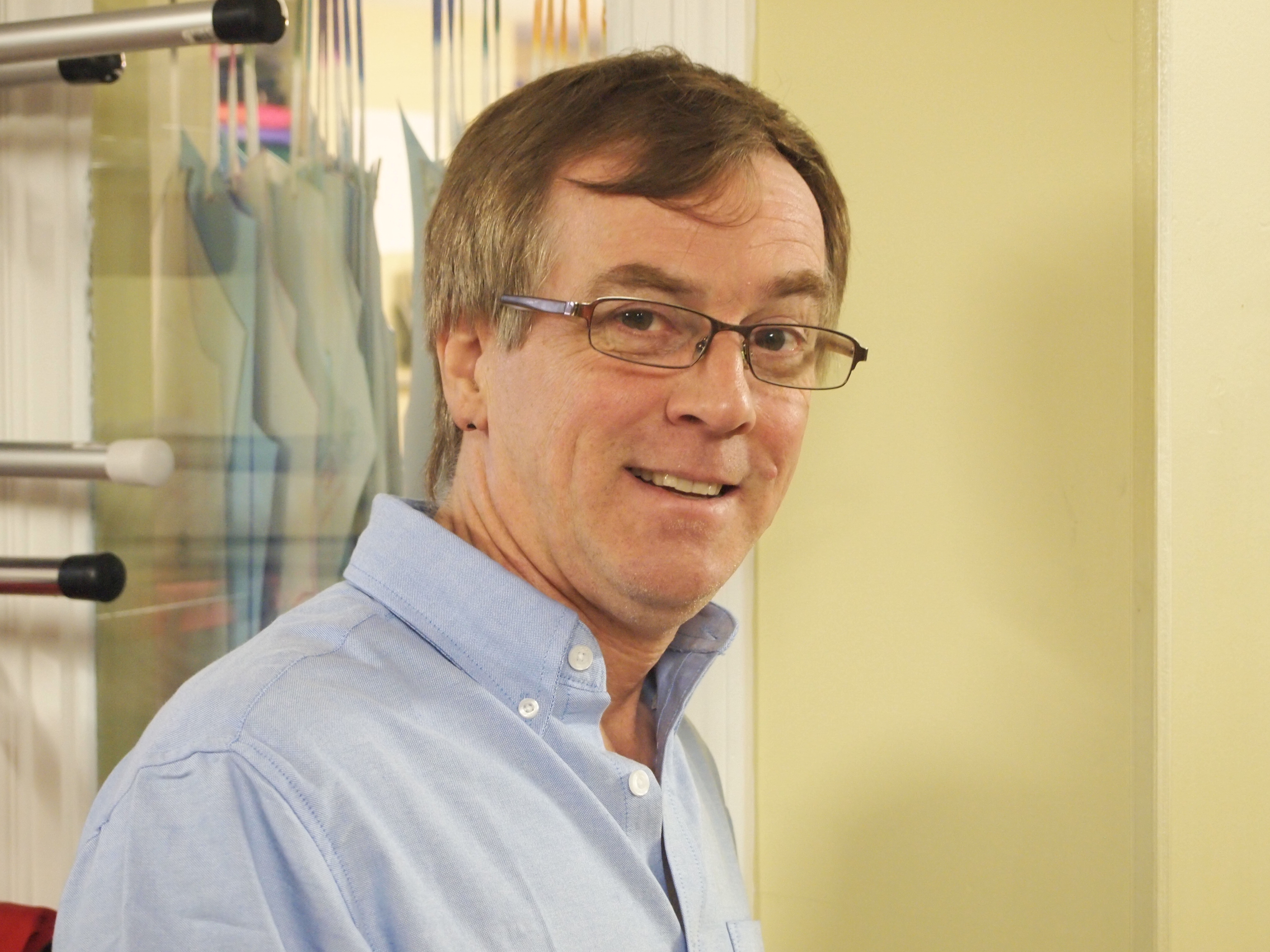CBC Minimizes Olympic Production Expenses
Frame rate conversion is an unavoidable expense for North American broadcasters covering the Sochi Olympics. this is because the European video frame rate is 50 frames per second (50hz), while the North American (NA) rate is 60 frames per second (60hz). North American broadcasters generally cope by renting "frame rate converters" onsite to do 50hz/60hz frame conversions, before sending the converted signals back to their home countries for broadcast.

CBC-TV's Sochi studio crew
But the publicly-owned Canadian Broadcasting Corporation, which won the rights to the 2014 and 2016 Olympics, has found a way to reduce its need for frame converters – saving a substantial sum in rental fees in the process.
CBC’s secret: “All of our studio cameras and unilateral cameras at venues will be kept at 60hz,” said Rob Bunn, the CBC technical producer who is leading the network’s English/French TV coverage. “We will send their signals directly back to Canada using Evertz’s ATP encoding platform.
Encoding nodes have been set up at each venue that has unilateral coverage and at our IBC location.” the camera feeds will be backhauled via the OBS data network (1 Gig ethernet private lines) from venues, and then by OC-192 fibre-optic cable, to Canada. the English signals will be routed to the network’s Toronto production centre, and the French signals to its radio-Canada’s Montreal production centre; radio-Canada being CBC’s French language counterpart.

Rob Bunn
The only exceptions to CBC’s cost-saving strategy will be the host feeds produced by Olympic Broadcasting Services. “These will have to be frame-converted from 50hz to 60hz,” said Brian Johnston, CBC Engineering’s supervisor of media engineering. “There is no way to avoid this expense, but we have significantly reduced this expense by moving frame rate conversion to Canada and reducing the number of units through our production model.”
Get the TV Tech Newsletter
The professional video industry's #1 source for news, trends and product and tech information. Sign up below.
SPLIT PRODUCTION
CBC and radio-Canada are adept at cutting their Olympic expenditures; they have to be, given continuing government funding cuts to their budgets. Using a minimal production team in Sochi, while doing all of the actual cutting, editing and switching back in Canada, will be their largest money-saver.
“We’ll have approximately 250 people in Russia, 164 in Toronto, and 170 in Montreal,” said Bunn. “Historically, it was necessary we would have had everyone at the Games to produce the broadcast, with only a small crew at home to get it on air. This is a change that CBC made a number of Olympics ago, and is now taking a step further. We are not just doing our major production work back in our regular facilities, but we are utilizing our regular production, programming and engineering departments. Again, this reduces the amount we have to spend to produce the Games.”
“We will not have any edit facilities in Sochi,” Bunn added. “We will have a couple of laptop editors onsite, but those will be the ones that our ENG shooters regularly keep with them.” Of course, there is a limit to what can be cut from an Olympic broadcast production, if on-air quality is not to be compromised. CBC/radio-Canada’s strategy is to strike this balance. This is why the network has three studios at the International Broadcast Centre in Sochi; one each for the English and French networks respectively, and a third studio that will be shared for interviews. The networks’ news programs also have studio space overlooking the medals plaza area, where they will broadcast from during the Games’ duration.
Meanwhile, CBC/radio-Canada will capitalize on OBS’ wide selection of feeds and the networks’ own cameras to provide Canadians with multiple events simultaneously. On TV, CBC/radio-Canada will be offering extra content via Bell Media’s TSN, TSN2, RDS and Rogers Sportsnet/Sportsnet one TV channels, as well as TVA Sports. CBC/radio-Canada will also be originating radio content from Sochi for its radio networks and TSN Sports radio; plus providing both live and VOD on the Web/mobile devices at olympics.cbc.ca and olympiques.radio-canada.ca.
“As far as our viewers are concerned, we will be right there in Sochi, covering the Games on a wall-to-wall basis,” said Bunn. “As far as our budget is concerned, we will be keeping our costs as far under control as possible.”
James Careless is an award-winning journalist who has written for TV Technology since the 1990s. He has covered HDTV from the days of the six competing HDTV formats that led to the 1993 Grand Alliance, and onwards through ATSC 3.0 and OTT. He also writes for Radio World, along with other publications in aerospace, defense, public safety, streaming media, plus the amusement park industry for something different.

